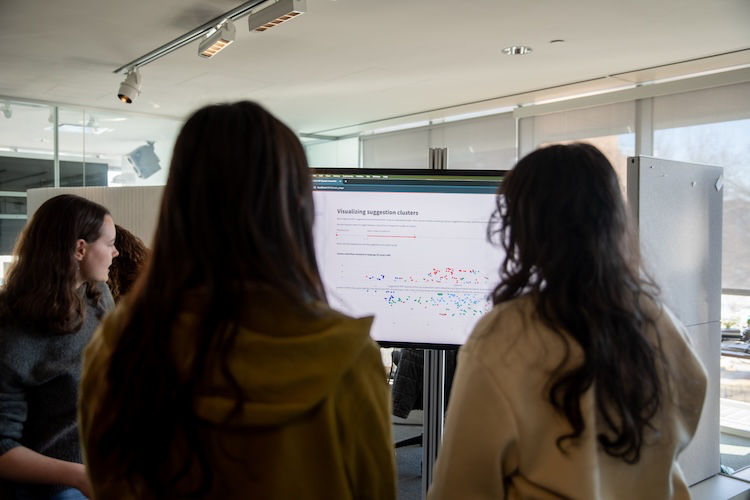From Dialogue to Decision
An LLM-Powered Framework for Analyzing Collective Idea Evolution and Voting Dynamics in Deliberative Assemblies
Master's thesis supervised by Deb Roy, MIT

Below is the abstract of my Master’s thesis (Poole-Dayan, 2025). There is a shorter, more focused version available on ArXiv which was also accepted as an Oral Presentation at the COLM 2025 NLP4Democracy Workshop (Poole-Dayan et al., 2025).
Abstract
Deliberative assemblies—representative samples of citizens engaged in collective decision-making through facilitated learning and deliberation—are increasingly recognized as powerful tools for revitalizing democratic governance. Yet, core aspects of how deliberation shapes which ideas advance, how perspectives evolve, and why certain recommendations succeed remain opaque and underexamined. This thesis addresses these gaps by investigating: (1) How might we trace the evolution and distillation of ideas into concrete recommendations within deliberative assemblies? and (2) How does the deliberative process shape delegate perspectives and influence voting dynamics over the course of the assembly?
To answer these questions, I develop LLM-based methodologies for empirically analyzing transcripts from a tech-enhanced student deliberative assembly. The first framework identifies and visualizes the space of expressed suggestions, revealing that seemingly large gaps between ideas and final recommendations often reflect productive deliberative filtering—while also surfacing overlooked viable ideas. A second analysis integrates post-assembly survey data with transcript-grounded voting patterns to uncover the primary drivers of vote change: edits to recommendations, evolving opinions, and strategic shifts in response to updated priorities. Building on this, I introduce a framework for reconstructing each delegate’s evolving stance across the assembly, linking shifts in perspective to specific deliberative moments and justifications.
Together, these methods contribute novel empirical insight into deliberative processes and demonstrate how LLMs can surface high-resolution dynamics otherwise invisible in traditional assembly outputs. The findings lay groundwork for new tools that support facilitators and delegates during live assemblies, improve transparency for decision-makers, and elevate ideas that may otherwise be missed.
Looking ahead, this work opens pathways for comparative research across assemblies and highlights the potential for human-centered AI to meaningfully enhance deliberative democratic practice. As societies seek new modes of participatory governance amid growing polarization and institutional mistrust, tools that strengthen deliberation without compromising its core human character are urgently needed.
References
2025
- An AI-Powered Framework for Analyzing Collective Idea Evolution in Deliberative AssembliesAccepted as an Oral Presentation at the COLM 2025 NLP4Democracy Workshop , Oct 2025